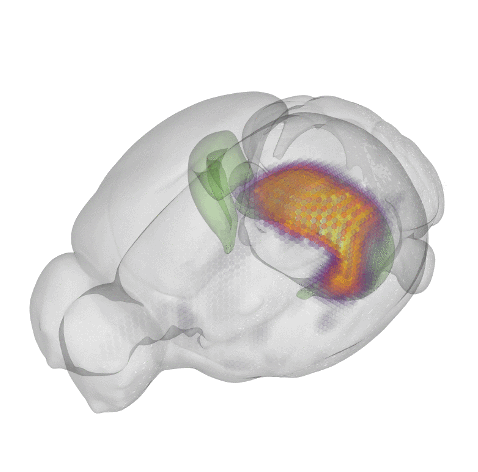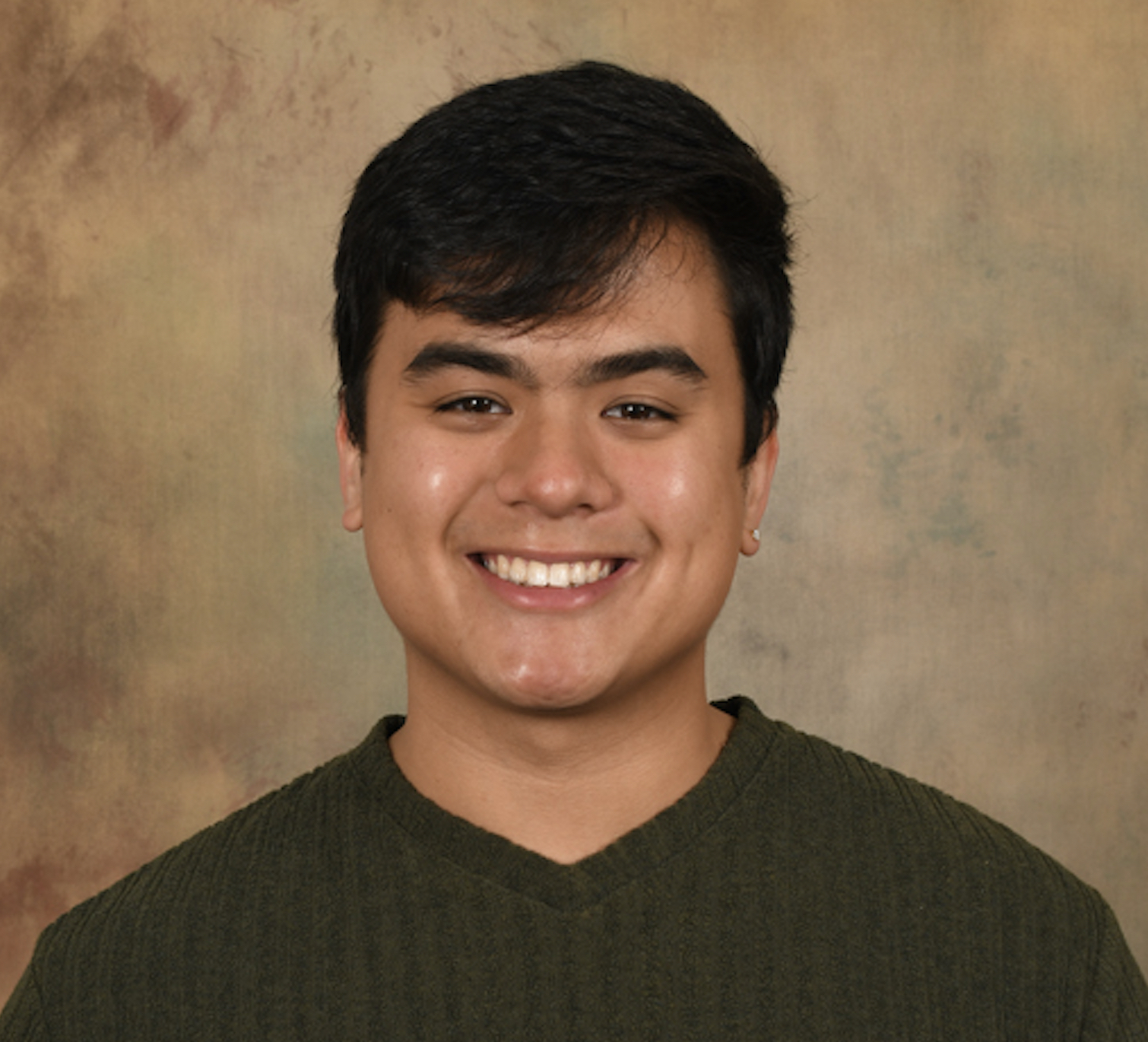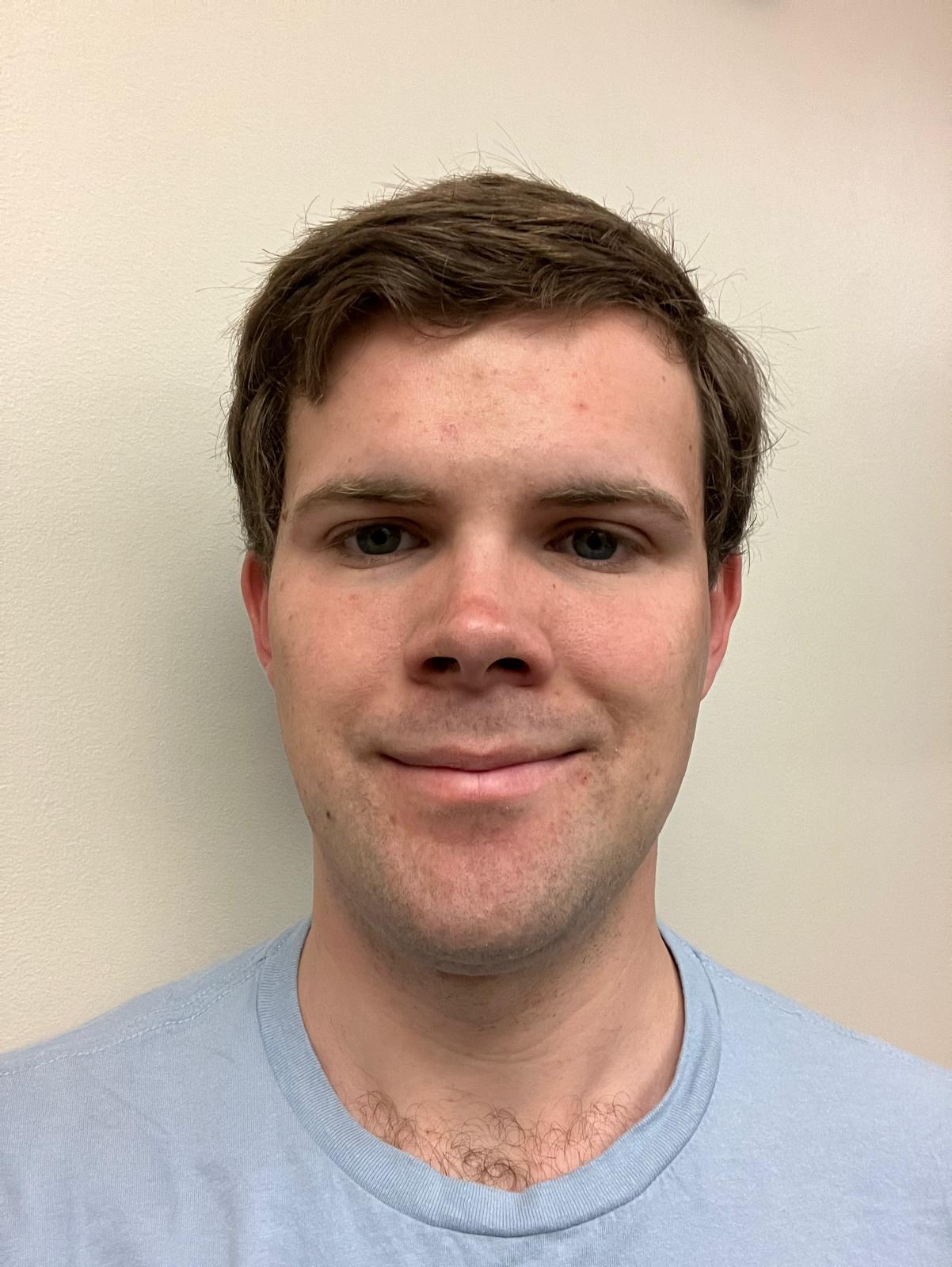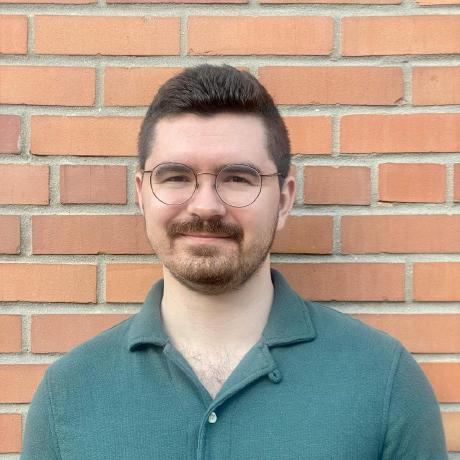
Genevieve Stein-O'Brien, PhD, MHS -- PI
Dr. Stein-O'Brien is an Assistant Professor in the Neuroscience Department at Johns Hopkins University with affiliations in the Brain Science Institute, the Division of Quantitative Sciences in the Department of Oncology, the McKusick-Nathans Department of Genomics Medicine , the Institute for Data Intensive Engineering and Science and the Kavli Neuroscience Discovery Institute . Dr. Stein-O'Brien's research is focused on the stochastic processes underlying gene regulation in dynamic biological systems. Specifically, she develops computational, statistical, and molecular methods for pattern recognition, latent space detection, and data integration in high-throughput omics.

Boris Brenerman, PhD -- Postdoctoral fellow
Boris studied Bioengineering at UC Santa Cruz and wrote his doctoral thesis on the use of Random Forest techniques in the analysis of single-cell data at Johns Hopkins University. Boris is interested in developing analytic techniques that can capture the conditional changes in interactions between biochemical pathways, which he hopes to use in the study of the biology of aging. His current work focuses on extending the results of RF-based analysis of fate and commitment decisions that cells make using transformer-based models, in order to examine the localization of error to particular domains and interactions when systems such as the brain are perturbed.

Zachary Nicholas -- PhD Candidate, Human Genetics and Genomics
Zachary is a PhD candidate in the Human Genetics and Genomics predoctoral training program at the Johns Hopkins University School of Medicine. He did his undergraduate studies at the University of Maryland, Baltimore County (UMBC) where he earned his bachelor's degree in Anthropology. During his time at UMBC, he conducted both anthropological and biological research. In 2020, he embarked on his path to acquiring his Ph.D., joining the lab of Dr. Genevieve Stein-O'Brien. He was selected as an NIH All of Us Research Scholar for the 2023-2024 cohort and was also selected in 2024 as a NIH Neuroscience DSPAN Scholar. He conducts research investigating genetic variants associated with insomnia, in addition to his thesis work. His thesis focuses on investigating how changes to neural progenitor cell cycle dynamics, external signaling, and localization alter fate determination and gene expression in the developing cerebral cortex using molecular biology, transcriptomic, and computational methods.

Chaichontat (Richard) Sriworarat -- PhD Candidate, Neuroscience
Richard is a PhD candidate in the Neuroscience Training Program at Johns Hopkins University. He received his Bachelor of Science in Engineering degree from Duke University. His research focuses on investigating the molecular mechanisms underlying brain development using spatial and high-throughput single-cell transcriptomics methods. He is the lead developer of the Samui browser, a tool for visualizing and analyzing spatial transcriptomics data.

Hunter Giles -- PhD Candidate, Human Genetics and Genomics

Kyla Woyshner -- PhD Candidate, Human Genetics and Genomics

Ryan Palaganas -- PhD Candidate, BCMB

Parker Stevenson -- PhD Candidate, BCMB
Parker Stevenson is a PhD candidate in the Biochemistry, Cellular, & Molecular Biology (BCMB) predoctoral training program at the Johns Hopkins University School of Medicine (JHUSOM). She completed her bachelor's degree at the University of Tennessee Knoxville, where she double-majored in Neuroscience and BCMB. During her undergraduate, she conducted cellular-level research on an X-linked neurodevelopmental disease. She was accepted as a Post-baccalaureate IRTA Fellow at the National Institute of Mental Health, where she performed systems-level neuroscience research in the Unit on Functional Neural Circuits. She began her graduate career at JHUSOM in 2022, and she joined the Stein-O'Brien lab for her thesis work investigating gene signatures of collectively invasive mammary epithelial cells -- both in the context of healthy glandular development and early metastasis -- using *in silico* transfer learning, single-cell resolution spatial and sequencing technologies, and *ex vivo* organoid assays.

Danyon Gedis -- PhD track, Human Genetics and Genomics
Danyon is a student in the Human Genetics and Genomics PhD program. He is learning about how spatial transcriptomics can be a starting point to model development of organs and distinct tissue types. In particular, he is interested in how genomic data is regulated allowing for development of complex organisms.

David Zhou -- Undergraduate, Neuroscience
David Zhou is an undergraduate at Hopkins studying neuroscience and applied mathematics. His primary research interests lie in understanding the pathways that guide the nervous system as it develops, and subsequently, how various mechanisms of error and dysregulation can disrupt these pathways. Currently, he is working in the Stein-O'Brien Lab to develop a computational model of murine cerebrocortical development as a medium for hypothesis testing alternative to conventional in-vivo methods.

Kendall Reid -- Senior Software Engineer
I’m an aspiring researcher in machine learning interpretability and disentanglement. I develop methods to probe biological deep learning models internal representations to learn how they are making predictions. This helps us ensure that our models align with our scientific goals and extract novel biological insights.
Alumni

Jeanette Johnson -- PhD Candidate, Immunology, Current: Postdoctoral fellow, University of Maryland
Jeanette developed pyCoGAPS, a Bayesian nonnegative matrix factorization implemented via Markov Chain Monte Carlo.

Ashley Tsang -- Undergraduate researcher, Current: Bioinformatics PhD Candidate, University of Michigan
Ashley developed the CellXGene inferface for CoGAPS, a Bayesian nonnegative matrix factorization implemented via Markov Chain Monte Carlo.

Asher Baraban -- Intern, Software Development, Current:
While Asher was an undergraduate student at WashU in St. Louis, MO., he worked on developing scProject, a single cell transfer learning tool for visualization and exploration of latent space utilization.
